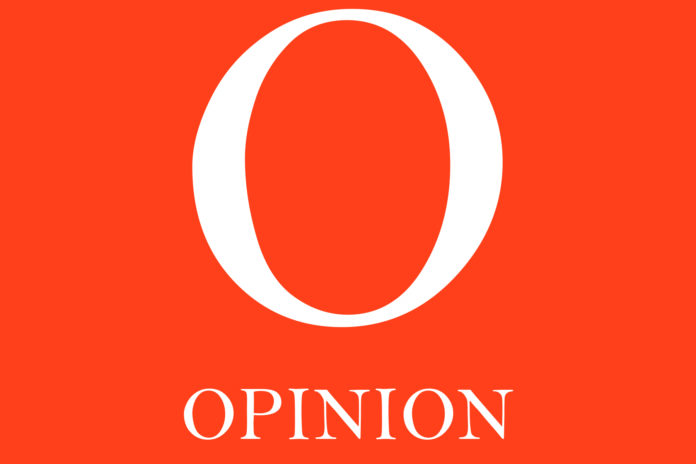Social media is a dominant feature in our lives. As election season heats up, it is time to take a look at how the fight for political influence extends past the traditional avenues. Candidates are able to leverage digital platforms, disseminate their message faster and sway public opinion in no time at all. While the landscape continues to get saturated with tweets, posts, videos and questions, it is important that voters can hear past all the noise and make an informed decision that they truly believe is the right one.
Fact-checking and verifying information
The main thing you have to do is to fact-check and verify the information that you read. This is because with social media at our fingertips, there is a lot of misinformation and disinformation being sent out, especially during election season. State actors and malicious individuals exploit social media platforms to spread disinformation and sow discord during elections. A significant concern globally is that fabricated news stories, doctored images and deceptive advertising happen a lot during election seasons. Social media platforms lack stringent editorial oversight, unlike traditional media outlets. This allows misinformation to go unchecked and taken by the public as something true just because it is on the internet.
Utilizing fact-checking websites and staying informed about current events and critical issues can further support the process of verifying information and making informed decisions. Some of these sites and organizations that can be used are PolitiFact, FactCheck.org, AFP Fact Check, The Associated Press and BBC News. These are not the only ones that can be used but these are a good variety to get you started.
Echo chambers and filter bubbles
The phenomenon of echo chambers and filter bubbles has significant implications for political discourse and voter behavior. Echo chambers are where individuals are exposed to content that reinforces their existing beliefs and biases. Filter bubbles occur when social media platforms tailor content to users’ preferences, creating a personalized online experience that often excludes diverse viewpoints.
During an election cycle, these can exacerbate political polarization by reinforcing ideological divisions and limiting exposure to alternative perspectives. This causes people to be entrenched in their views and less likely to hear outside information that goes against what they already believe. This leads to increased polarization and a lack of constructive dialogue between opposing political factions.
Social media algorithms also play a significant role in shaping users’ online experiences by prioritizing content that is likely to generate engagement. While this can enhance user satisfaction and retention, it also reinforces echo chambers and filter bubbles.
To address this issue, individuals have to actively seek out diverse sources of information, engage with perspectives that challenge their own beliefs and critically evaluate the content they encounter online. By fostering a more inclusive and diverse online environment, we can mitigate the negative effects of echo chambers and filter bubbles on political discourse and promote a healthier elected society.
The power of social media mobilization
Social media platforms have become pivotal tools for political mobilization, empowering candidates to connect with supporters and coordinate events on an unprecedented scale. Platforms like Facebook, X (formerly Twitter), Instagram and TikTok offer candidates an expansive audience for disseminating their campaign messages quickly and efficiently. Through likes, comments and direct messaging, candidates engage directly fostering a sense of community and encouraging active participation in the campaign.
Social media’s sophisticated targeting capabilities enable candidates to tailor their messages to specific demographic groups which ensures maximum resonance and engagement. Real-time updates on campaign events, policy announcements and breaking news enable candidates to maintain momentum and respond swiftly to emerging issues, further enhancing their ability to mobilize supporters effectively.
Social media regulation and electoral integrity
Ongoing debates surrounding the regulation of social media platforms to safeguard electoral integrity and prevent the spread of false information underscore the complex challenges posed by the digital age to elected processes. With the proliferation of misinformation and foreign interference on social media platforms during election campaigns, there is growing recognition of the need for effective regulation to uphold the integrity of electoral processes and protect elected norms.
Solutions could be to implement transparency requirements for political ads on social media and to have stricter enforcement of community standards on social media platforms. Regulatory measures could also be implemented to enhance platform accountability and oversight. This might include establishing independent oversight bodies or regulatory agencies tasked with monitoring social media platforms’ compliance with relevant laws and regulations.
However, it is essential to balance regulatory interventions with the protection of freedom of expression and political discourse. Overly restrictive regulations could stifle legitimate political speech and innovation on social media platforms.
Conclusion
Social media’s influence on modern electoral politics is undeniable. As we engage online during elections, we have to remain discerning and informed. While social media offers opportunities for political mobilization, it also raises multiple concerns. So, we need to have a better balance of freedom of expression with electoral integrity as it is essential. By embracing social media’s potential while addressing its pitfalls, we can work towards a more transparent and involved democracy. Let us harness its power for positive change and elected renewal.







